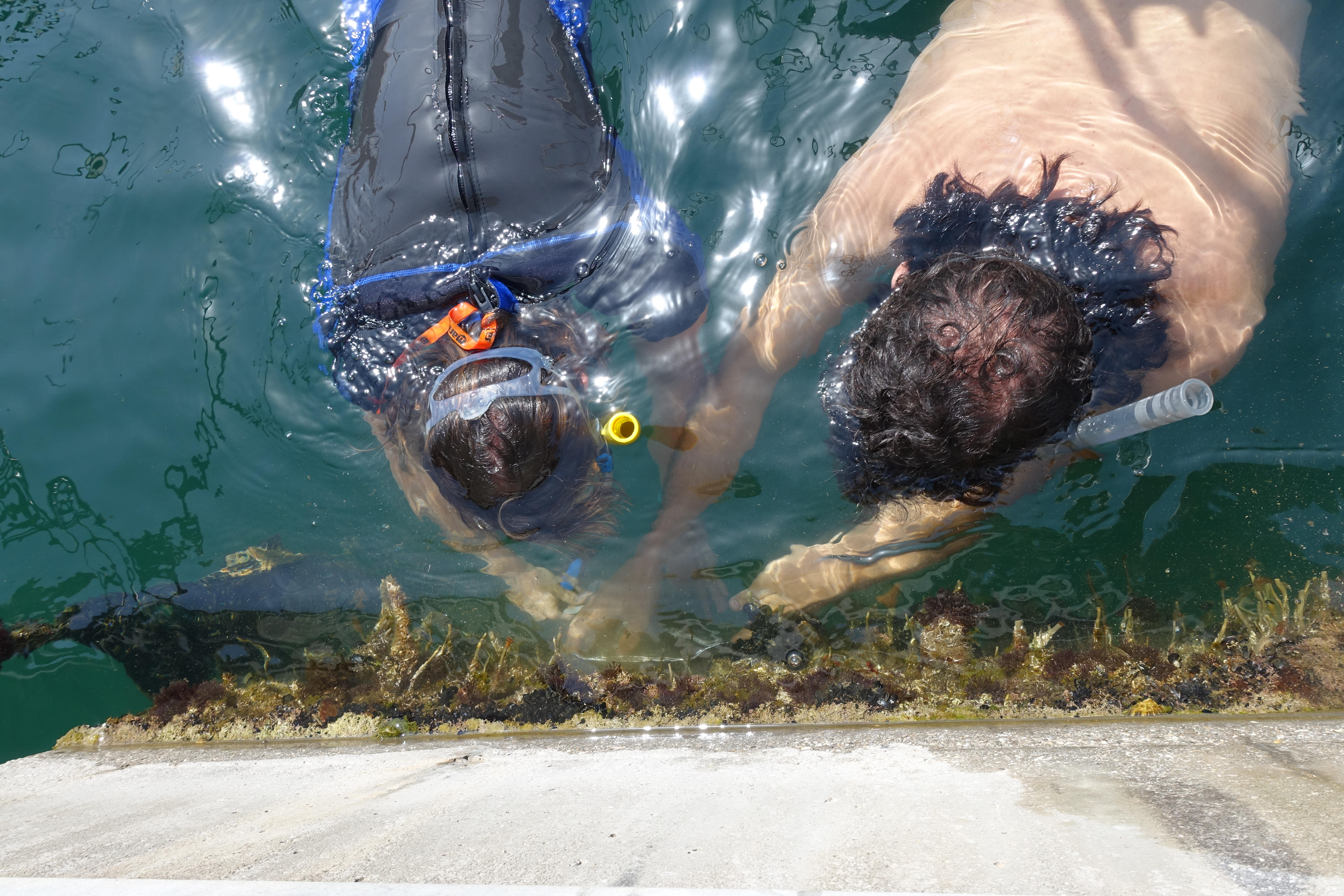L’insegnamento tratta gli aspetti principali della Biologia della Conservazione delle piante, tra cui i fattori di minaccia delle specie vegetali; le Liste Rosse (IUCN), la normative in materia di conservazione della biodiversità vegetale, l’ecologia del recupero (traslocazioni) e le tecniche base per il campionamento e il monitoraggio della flora spontanea. L'attività didattica prevede lezioni in aula, esercitazioni in natura e analisi dei dati.
- Docente: ANDREA MONDONI

- Docente: ANDREA CURCIO
- Docente: FEDERICA GAZZOLA
- Docente: GIULIA EMMA INNOCENTI MALINI
- Docente: AGNESE MARCHINI
